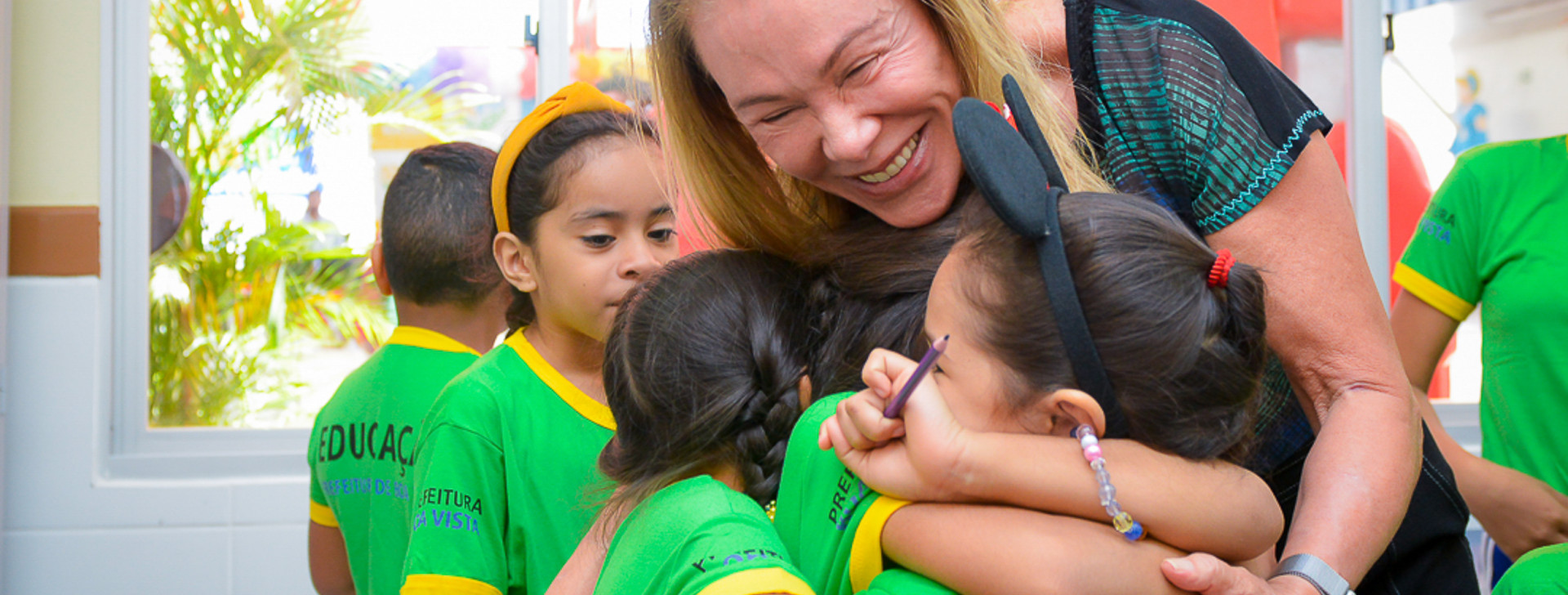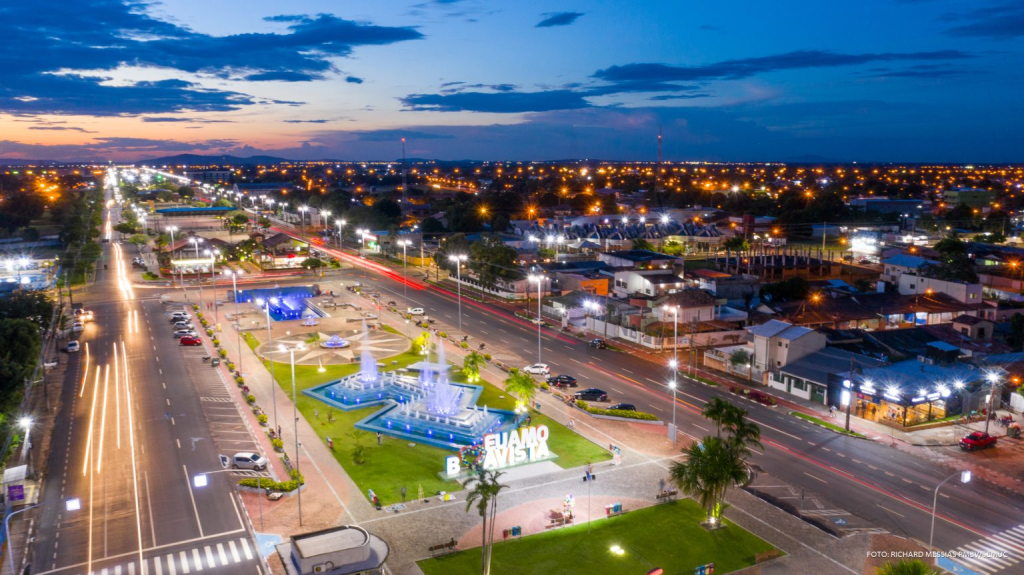SPECIAL | Management in focus – An eye toward social transformation
07 de June de 2022

Gabriel Abreu – Cenarium Magazine
BOA VISTA (RR) – To govern a capital city in Brazil is not easy, there are several challenges that need to be overcome in several areas, such as health, education, infrastructure, social, entrepreneurship, and tourism. And these are some of the pillars that have marked the management of the only mayor elected five times to take care of a capital city in the country. Teresa Surita (MDB) accepted the challenge of transforming Boa Vista and revolutionized the way of taking care of people.
It is not by chance that the capital of the state of Roraima became known in the world for taking care of early childhood, with a program idealized by a woman. The work focused on early childhood in Boa Vista is recognized by foundations such as Getulio Vargas, Maria Cecilia Souto Vidigal, MELQO, and Bernard Van Leer, which are partners in the construction of the city that knew how to look after children in the right and differentiated way. These institutions constantly visit the capital for follow-ups, studies, and consultancy in actions aimed at the children’s audience.
The capital is part of the largest tropical biome in the world, the Amazon, and, precisely because it is in this somewhat isolated region, being a reference in the implementation of public policies, ended up drawing the attention of other countries that look at successful “cases” around the world. In the last seven years, Brazil’s smallest capital saw its population practically double as it received Venezuelan immigrants, in addition to Brazilians from all over the country. According to the Brazilian Institute of Geography and Statistics (IBGE), in 2021 alone, the estimated population of Boa Vista will increase by 4.4%, from 419,652 inhabitants to 436,591.

All this growth received attention from a strategic management focused on early childhood, which began in 2013, when the words “early childhood” and “strengthening bonds” were totally unknown by the public authorities in the state of Roraima and not even the society knew the importance and the gain of caring for early childhood, recommended by science and the Nobel Prize in Economics. Since then, the city has been receiving investments focused on early childhood development for the formation of healthier, more productive adults with more opportunities for professional and personal growth.
At the center of the public policy implemented by Teresa Surita is the “Family that Welcomes” program, which guarantees pregnant women and their babies special attention from the municipality.
However, the scope of the public policy goes far beyond, by integrating in an intersectoral manner services in the areas of health, education, social management, urbanism, technology, and communication for women and children, who are accompanied from pregnancy to the first six years of life. These actions aim at the integral development of the little citizens of Boa Vista and result in a much happier and prepared future generation.
Early life
Early childhood is the period from gestation to 6 years of age, when the human being’s abilities are formed, because the brain is more able to absorb and process information. It is the most intense phase in the connection of neurons, according to Jack P. Shonkoff (founding director of the Center for Child Development at Harvard University, USA), where feelings of affection, language formation, cognition, and playfulness enable the child to become a healthy adult who is better prepared for living in society.
According to technicians from the Ministry of Health, in the study “The Impact of Early Childhood Development on Learning,” published in 2014 by the Scientific Committee, Science Nucleus for Childhood, “learning begins at the very beginning of life. Long before the child enters school, while growing and developing in all domains (physical, cognitive, and socioemotional), he learns in the contexts of his affective relationships. Especially in early childhood, learning is strongly influenced by the whole environment in which the child finds himself and with which he interacts”.
It was with this perspective and outlook that Teresa Surita perfected her way of governing, which proves it is possible to implement a public policy capable of helping children develop better in the family, at school, and in life.
Other advances
But the advances were not only in early childhood, and extend to all areas, such as the economy, with the implementation of a culture of entrepreneurship, culture incentives, strengthening of tourism, rural and indigenous agriculture, investment in science and technology, and numerous improvements in infrastructure that have transformed Boa Vista. Model squares with Amazonian jungles, bike paths, tennis courts, society fields, skateboard and bicycle tracks, and the evolution in multiple areas, aiming mainly at human well-being, earned the city the title of one of the 26 happiest cities in Brazil in 2019, according to Bula Magazine.
The publication conducted a survey of data from national studies that measure the quality of life of the country’s population. The ranking was prepared based on indicators that show the sense of well-being and satisfaction of the population of the 5,570 Brazilian municipalities, among them: income, longevity, education, employment, health, basic sanitation, and work. Only three capital cities stood out, among them Roraima.

“Here, we are a strong people who do not get down and face adversity with resilience and joy. We see difficulty as an opportunity to overcome. Even with the situation faced by Boa Vista, with planning and work we managed to provide quality education, decent health care, a clean and organized city, increase the number of squares, and invest in the entire infrastructure to generate job opportunities and improve the quality of life of the population,” said the former mayor Teresa Surita, at the time when the city was elected a happy city.
Management capacity and experience are paramount to execute public policies
With each year of management, Boa Vista has further deepened its knowledge and reiterated the importance of investing in children so that the future can be more prosperous and humane. From the public policies that began in the FQA, the city started to be seen by Brazil and the world as a model capital in the care of children, having as a reference the teachings implemented by Teresa, as a manager of a capital city/state, where 70% of the population of Roraima lives].

